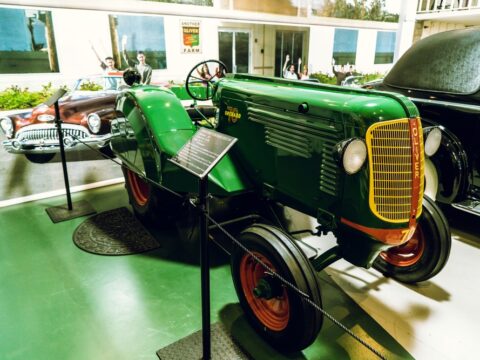Owning a diesel truck comes with plenty of advantages, but it’s not without its downsides. From higher upfront costs to maintenance challenges, there are several factors to consider before making the switch. While diesel engines are known for their power and efficiency, understanding the drawbacks is crucial to making an informed decision. Here’s a look at some of the biggest disadvantages you might face.
Contents
High Initial Cost
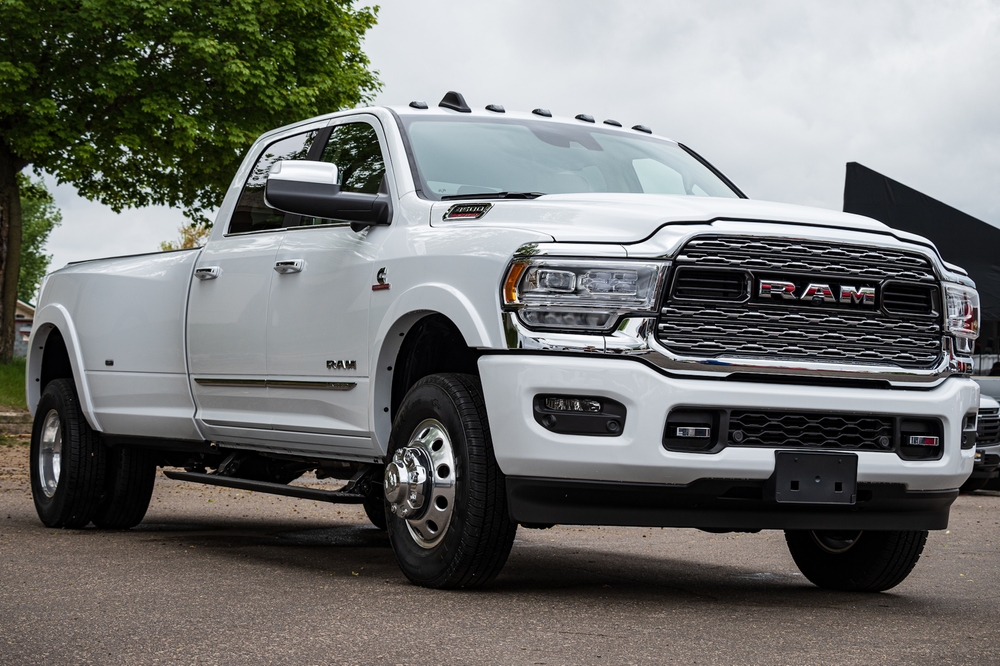
One of the biggest drawbacks of owning a diesel truck is the higher initial cost compared to gasoline-powered vehicles. Diesel engines are more complex and require stronger components, which increases manufacturing expenses. This complexity also extends to emissions control systems, further raising the price. While the long-term savings on fuel can help balance this out, the upfront investment is substantial and can deter potential buyers.
Expensive Maintenance
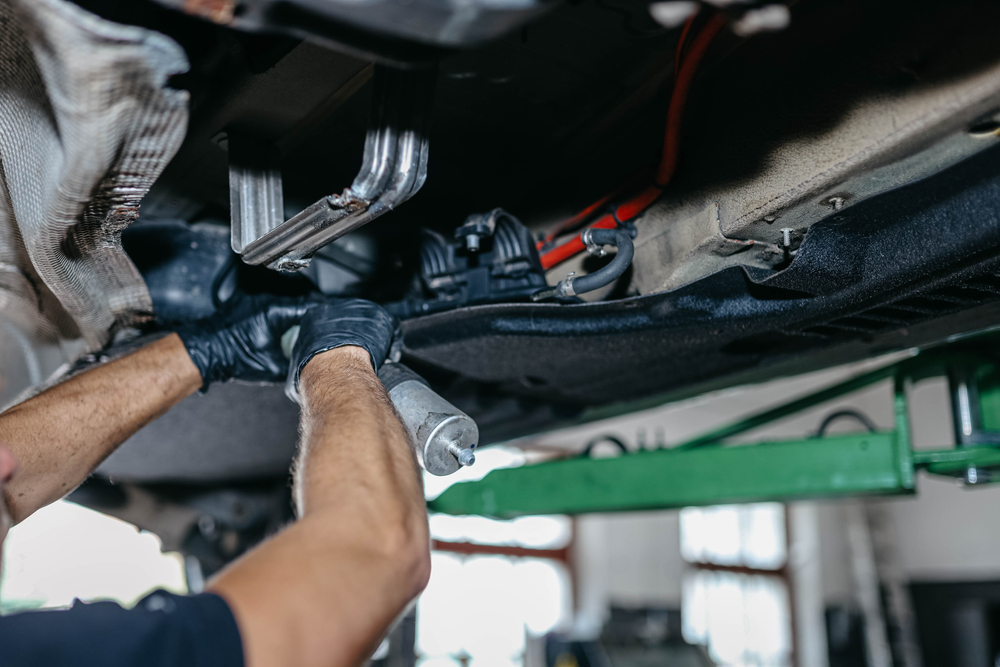
Diesel trucks, though known for durability, demand higher maintenance costs. The parts, such as turbochargers and injectors, are more expensive and require specialized mechanics to repair. Routine upkeep, including changing fuel filters and topping off Diesel Exhaust Fluid (DEF), adds to the overall cost. Owners might save on fuel, but these savings can easily be offset by the ongoing maintenance expenses.
Noise and Vibration
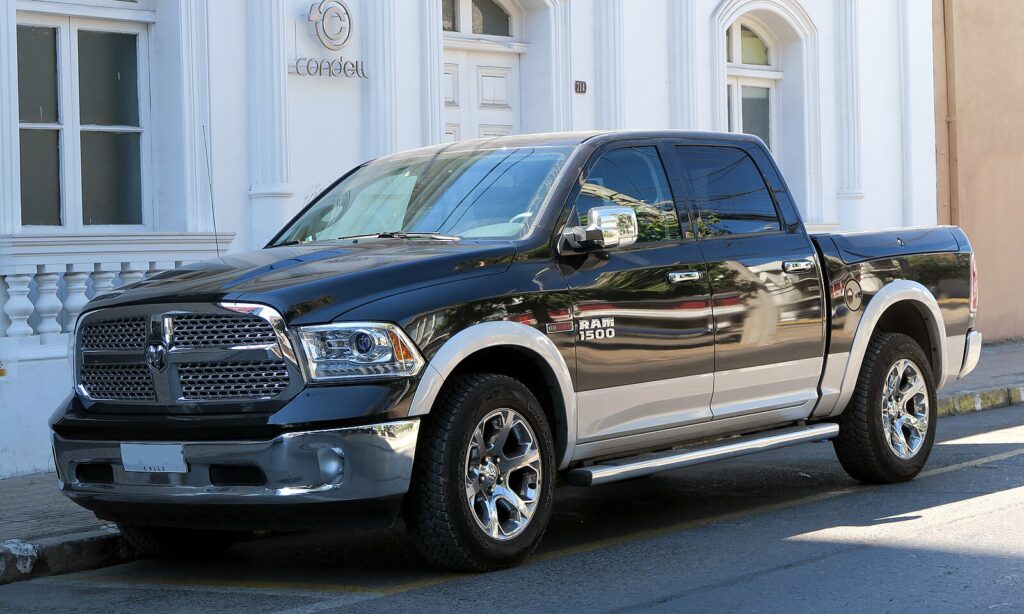
Diesel engines are typically noisier and vibrate more than gasoline engines. The high compression needed for diesel combustion produces more sound, and while modern trucks have better soundproofing, the noise is still noticeable. For some drivers, this constant hum can become bothersome, especially during long drives. Additionally, the increased vibration may affect the overall comfort of the ride.
Limited Fuel Availability
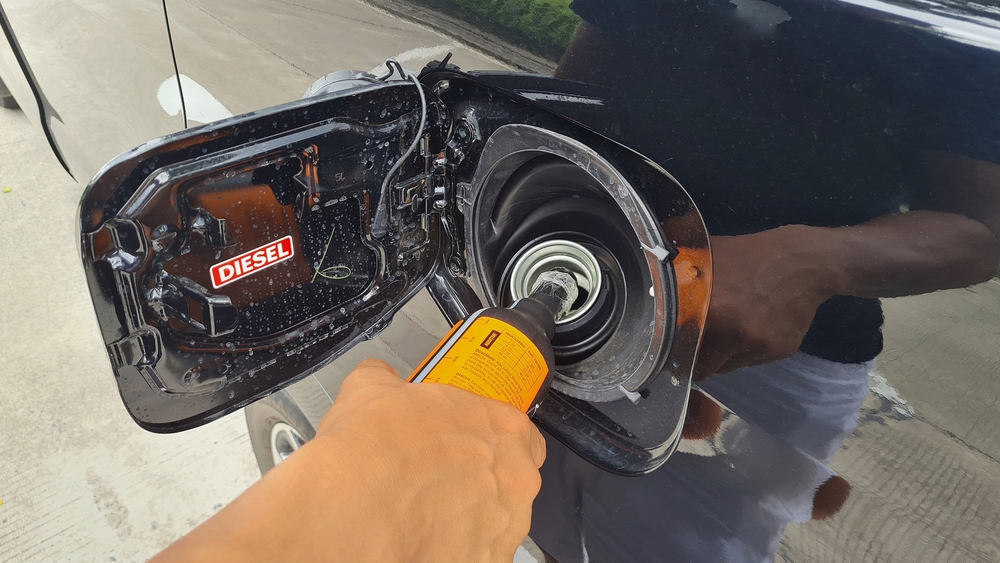
In certain regions, diesel fuel isn’t as readily available as gasoline. Though highway truck stops are usually stocked, smaller gas stations, particularly in rural areas, may not carry it. This limitation can make planning long trips inconvenient, as diesel truck owners might need to map their route around fuel stops. The lack of easy accessibility can be a major downside, especially for drivers who often venture off the beaten path.
Emissions Concerns
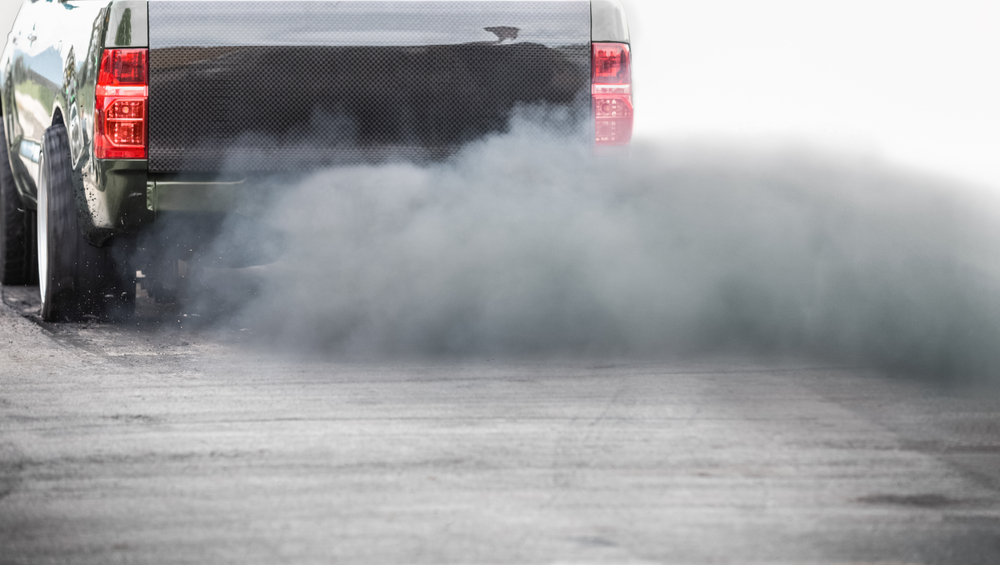
Diesel trucks have long been scrutinized for producing higher emissions of nitrogen oxides (NOx) and particulate matter compared to gasoline vehicles. Despite advancements in emissions control technologies, like diesel particulate filters, they still contribute significantly to air pollution. Many countries and cities are tightening regulations around diesel emissions, which could limit the use of these vehicles in certain areas. For environmentally conscious consumers, this is a pressing concern.
Higher Fuel Prices
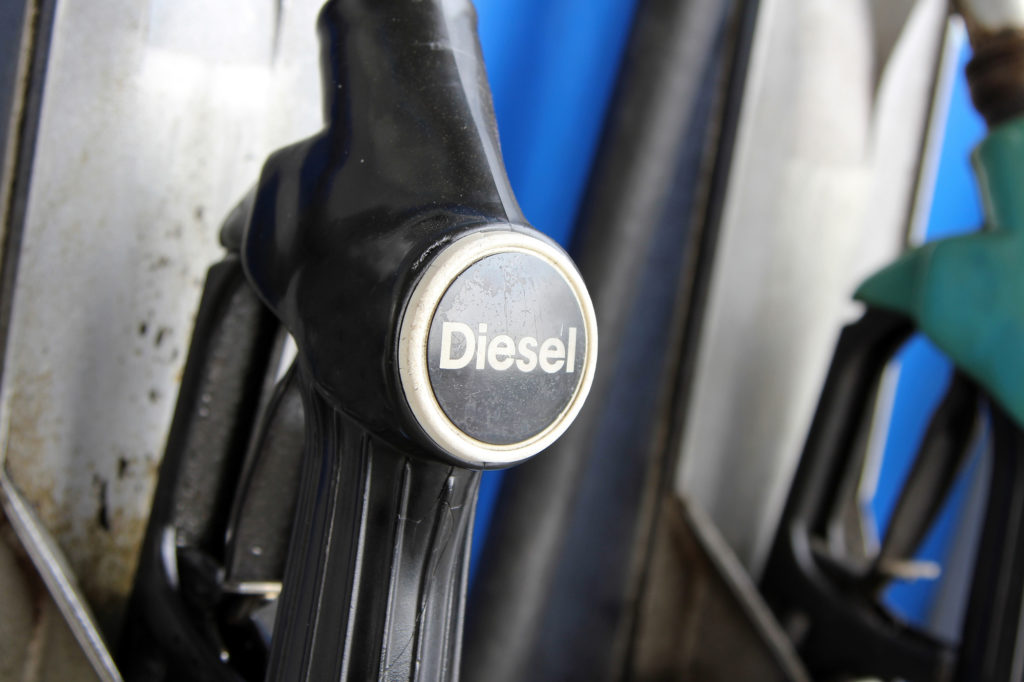
Although diesel engines are more fuel-efficient, diesel fuel often costs more than gasoline. Several factors, including taxes and refining processes, contribute to the higher price. Over time, these added fuel costs can negate the benefits of improved fuel efficiency. Diesel truck owners need to account for this ongoing expense, particularly in regions where diesel prices are consistently elevated.
Slower Acceleration
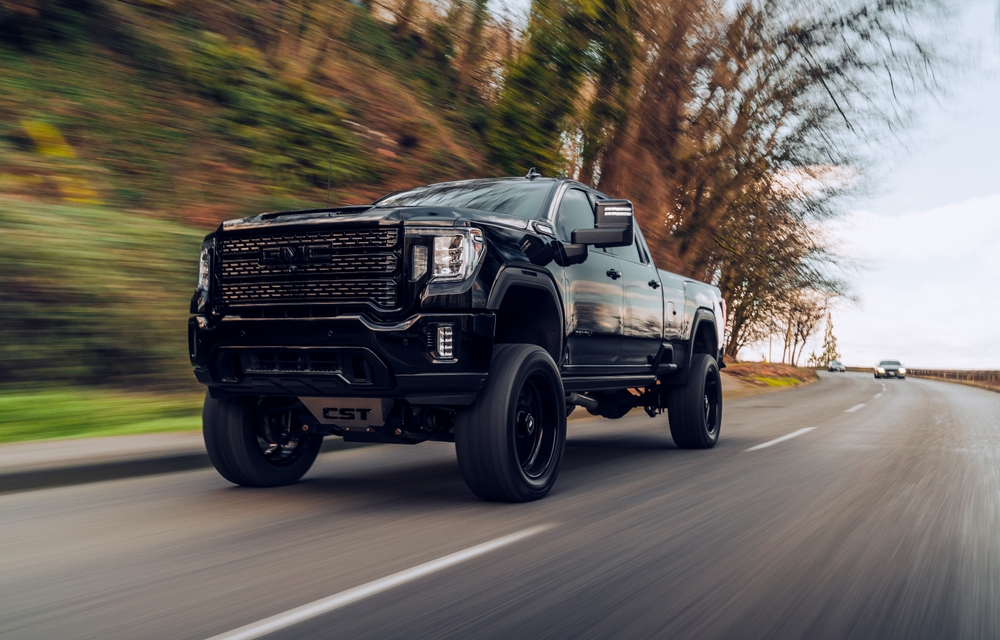
Diesel engines deliver impressive torque, but their acceleration tends to be slower compared to gasoline engines. These trucks are built for towing and hauling heavy loads, which comes at the cost of speed. Drivers who are accustomed to the quick response of gasoline vehicles may find diesel trucks sluggish. This can be especially noticeable in city driving, where rapid acceleration is often needed.
Heavier Weight
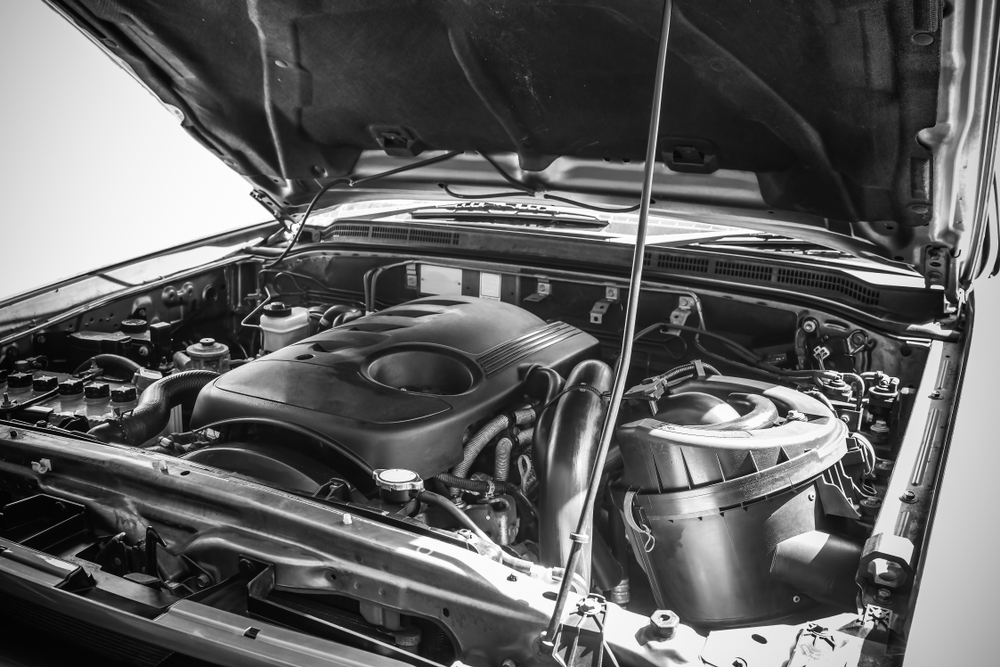
A diesel truck’s engine is heavier due to its more durable components. This added weight impacts the vehicle’s handling, making it feel less agile in tight spaces. The increased weight can also cause more wear on the tires and brakes, requiring more frequent replacements. For drivers who value nimbleness, the heft of a diesel truck may feel like a significant compromise.
Cold Weather Performance

In cold weather, diesel engines can struggle more than gasoline engines, especially when it comes to starting. Diesel fuel tends to gel in low temperatures, making it harder for the engine to ignite. Owners often need to use block heaters or special additives to keep their engines running smoothly in winter. Preparing a diesel truck for colder climates can add to the overall hassle and cost of ownership.
Availability of Mechanics
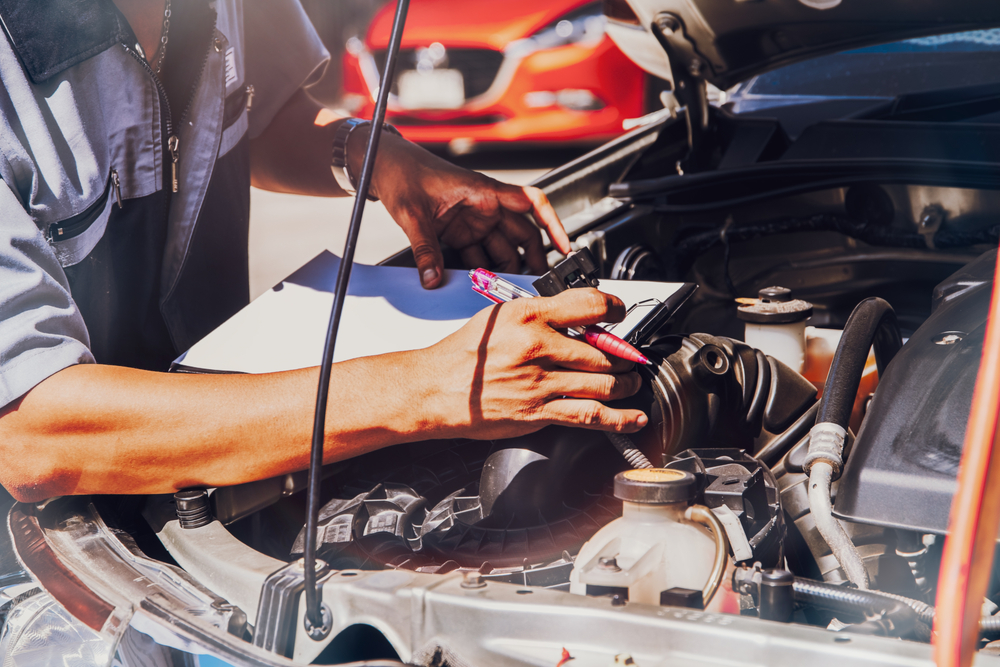
Not all mechanics are equipped to handle diesel engines, which can make repairs more complicated. Diesel trucks require specialized skills and tools, limiting the number of mechanics who can service them properly. As a result, owners may need to travel farther or pay more for maintenance and repairs. This lack of accessibility can be inconvenient, especially in less populated areas.
Turbo Lag
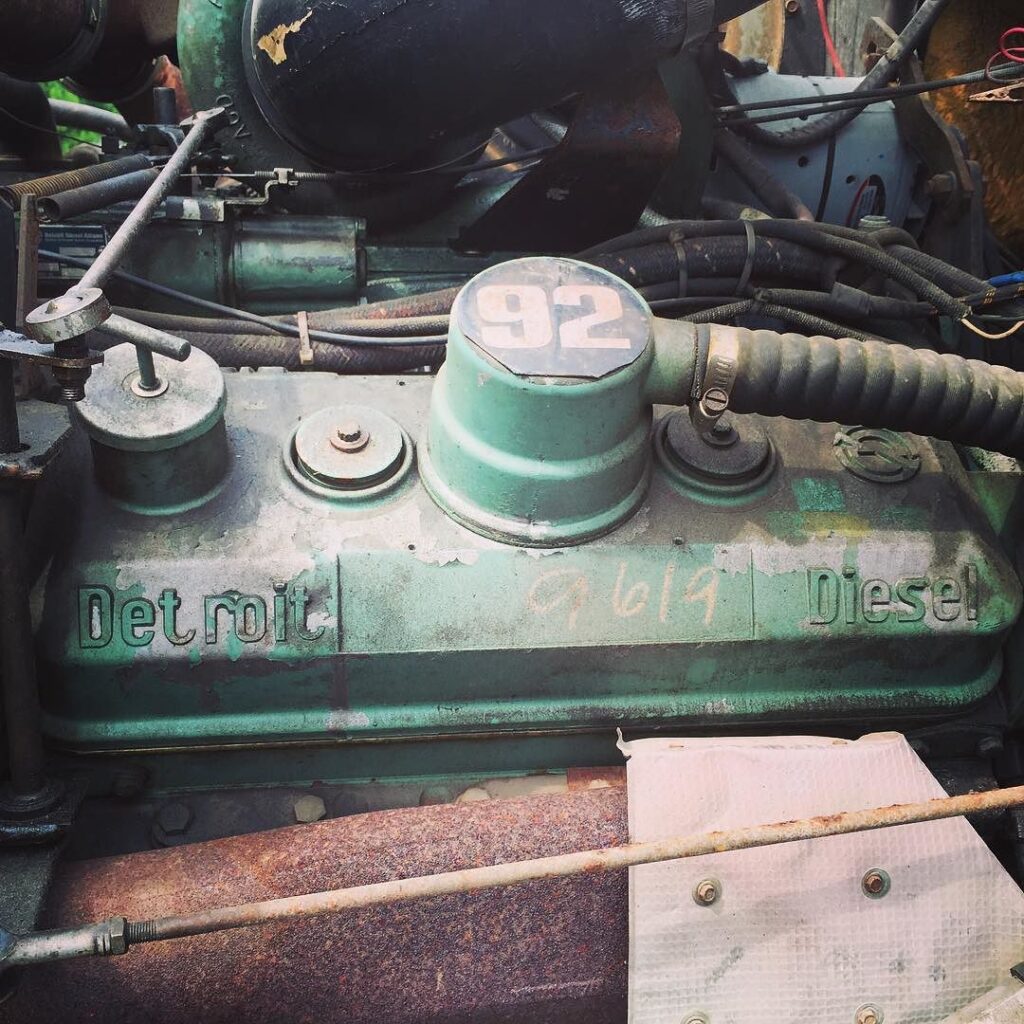
Turbocharged diesel engines, while offering more power, often experience turbo lag. This delay occurs when you press the accelerator, and the engine takes a moment to build enough pressure for the turbocharger to kick in. For drivers who are used to an immediate response, this hesitation can be frustrating. It’s particularly noticeable in stop-and-go traffic, where quick acceleration is essential.
Heavier Emissions Equipment

Modern diesel trucks come with complex emissions control systems, such as diesel particulate filters (DPF) and selective catalytic reduction (SCR). While these systems reduce harmful pollutants, they also add to the truck’s overall weight and complexity. Over time, these components can fail or become clogged, requiring costly repairs or replacements. For owners, maintaining these systems can be both a financial and logistical burden.
Reduced Towing Efficiency in Light Loads

Diesel trucks excel at towing heavy loads but aren’t as efficient with lighter ones. Their engines are optimized for pulling significant weight, which means they may overconsume fuel when towing smaller loads. This can lead to decreased fuel efficiency, especially if you’re frequently hauling lighter items. For those who only occasionally tow, a diesel truck may feel like overkill.
Fuel Contamination
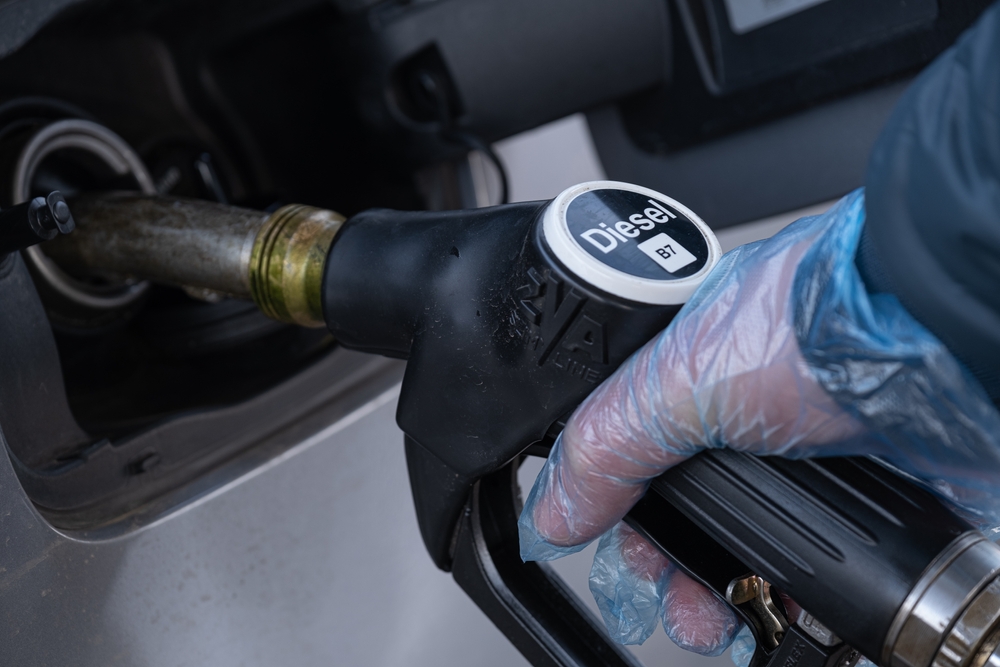
Diesel fuel is more prone to contamination from water and microbes than gasoline. This can cause significant engine damage if left unchecked, leading to expensive repairs. Diesel truck owners must be vigilant about maintaining clean fuel tanks and using additives to prevent contamination. The potential for damage from contaminated fuel is a serious concern that requires ongoing attention.
Limited Availability of Aftermarket Parts
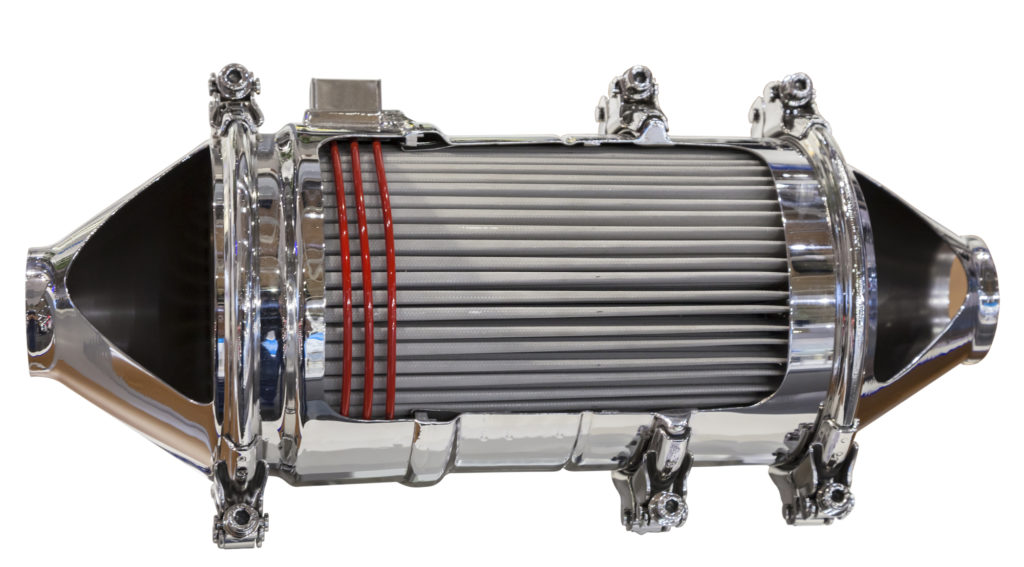
Compared to gasoline-powered vehicles, diesel trucks often have fewer aftermarket part options. Diesel engines are unique, and many of their components are specialized, making them harder to find. For truck enthusiasts who enjoy customizing their vehicles, this can be a frustrating limitation. When parts are available, they also tend to be more expensive due to their specialized nature.
Shorter Oil Change Intervals
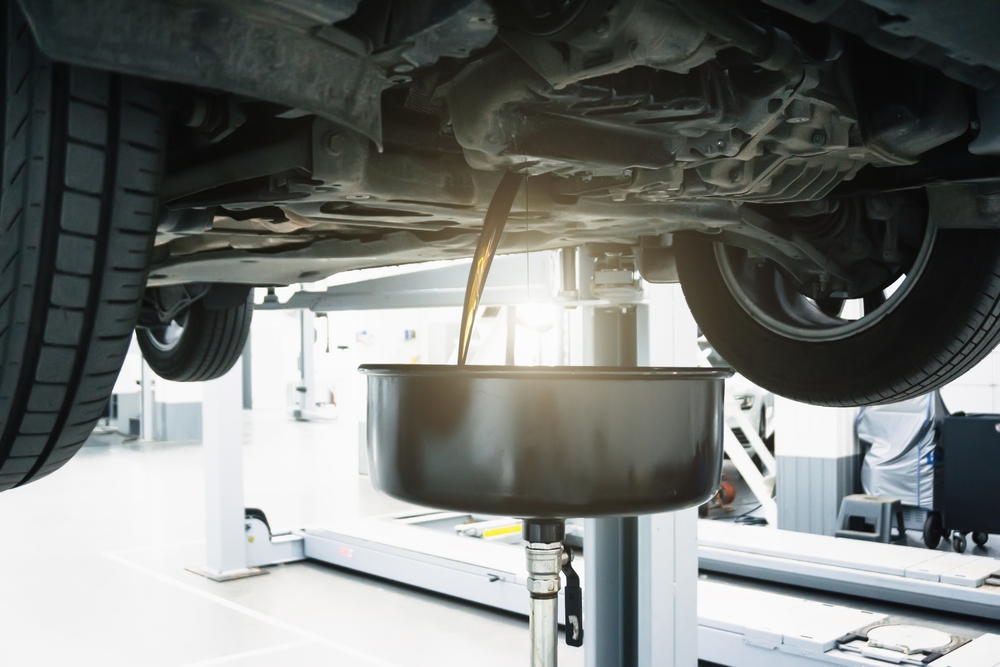
Diesel engines typically require more frequent oil changes, especially if the vehicle is used for heavy-duty tasks. The higher pressure in diesel engines causes the oil to degrade more quickly, resulting in shorter service intervals. This frequent maintenance can become costly and time-consuming for owners. While diesel engines are built for longevity, they demand more frequent care.
Limited City Driving Efficiency
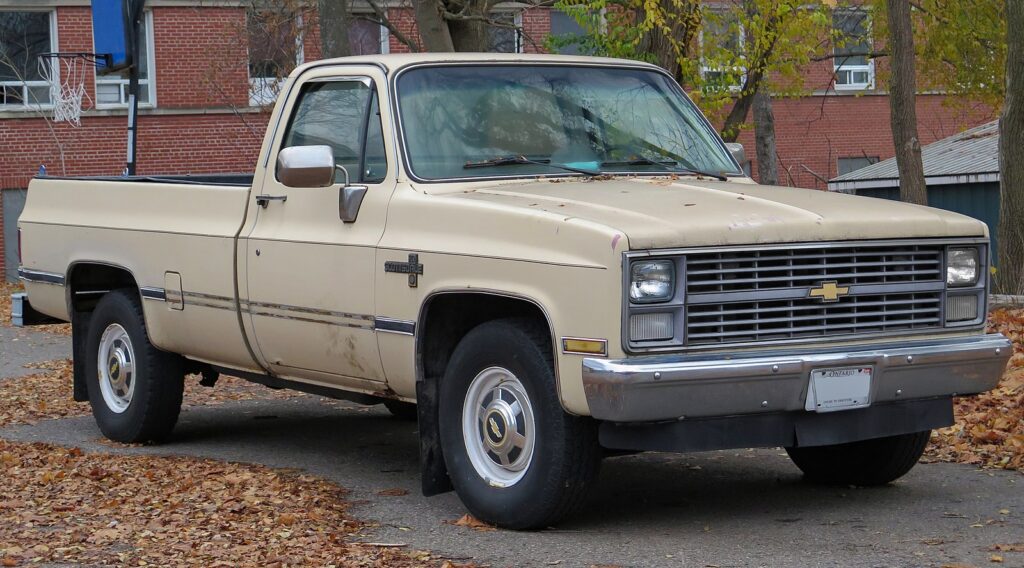
Diesel trucks are at their best on highways and open roads but can be inefficient in urban environments. Stop-and-go driving reduces their fuel efficiency, and their larger size makes navigating tight city streets more challenging. Diesel engines are optimized for steady, long-distance driving, not the frequent stops of city traffic. For daily urban commuters, a diesel truck may feel cumbersome and impractical.
This article originally appeared in MyCarMakesNoise.
More from MyCarMakesNoise
14 Significant Advancements in Yacht Design and Engineering

Yacht design and engineering have seen remarkable progress in recent years, bringing about innovations that enhance performance, sustainability, and luxury. These advancements not only improve the overall yachting experience but also set new standards for what modern yachts can achieve. Read More.
20 Vintage Cars That Have Become Collector’s Items
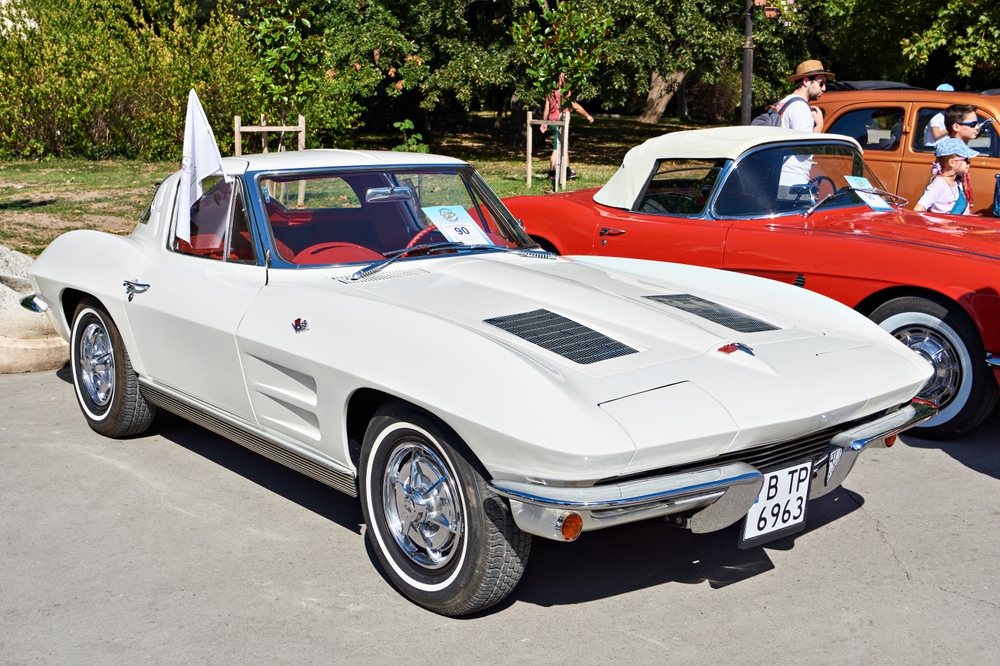
Vintage cars hold a special place in the hearts of collectors, often representing a blend of timeless design, engineering excellence, and cultural significance. This article highlights 20 vintage cars that have become true collector’s items, cherished for their rarity, historical importance, and enduring appeal. Read More.
19 Classic SUVs That Revolutionized Off-Roading

When it comes to off-roading, certain SUVs have made a lasting impact by pushing the boundaries of what these vehicles can do. These classic models not only excelled in rugged terrains but also set new standards for durability, capability, and innovation. Read More.



